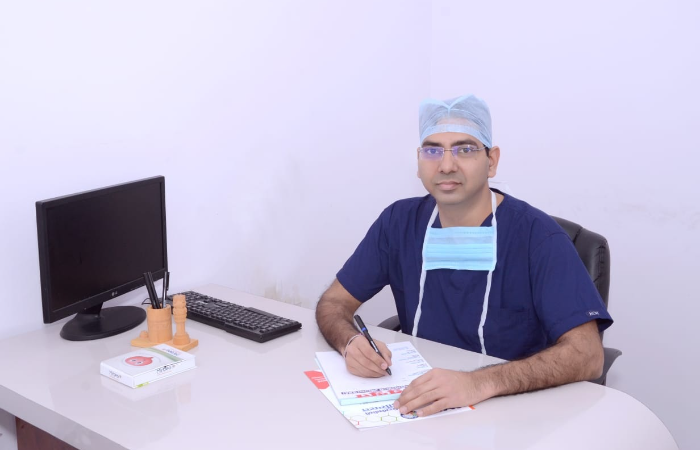Pediatric urology refers to the caring of children and adolescents who have problems with their reproductive or urinary organs. According to the American Academy of Pediatrics (2000), a pediatric urologist has at least five years of specialized training in addition to their four years of medical school; they must also spend at last 50% of their professional time caring for infants, children, and adolescents with urology related conditions.
Beyond the medical training, clinical pediatric urology specialists are known for their ability to connect and communicate with children. Their medical offices are often cheerful, bright, comfortable and welcoming environments; they are decorated and arranged to capture the child's interests and imagination. Examination and waiting rooms may have a number of brightly colored toys, a movie video may be playing in the background and there are often several child friendly books to choose from. Urology Treatment in Kota
One of the many challenges associated with being a clinical pediatric urology specialist, is that children have an inherent difficulty communicating. When children communicate their symptoms, they tend to be vague. The information received by the doctor may be confounded by the interpretations of a third party, such as a parent. Reports from family may be distorted due to their own fears about the child's condition. Under these circumstances, the need for performing a thorough and detailed physical and diagnostic analysis becomes even more important.
Once a diagnosis is made, the role of the pediatric urologist can be either operative or clinical, since the medical requirements and severity of each child's condition will vary. Examples of urological conditions include; problems passing urine, urinary tract infections, and structural abnormalities from birth. Other conditions may include bed wetting and urinary tract damage from an illness or trauma.
The operative pediatric urology specialist must be familiar with all the gender specific aspects of a procedure. For instance, there are certain health conditions that are unique to pediatric male urology. A small percentage of little boys may have testes that do not descend into the scrotum, from the abdomen. This problem often corrects itself well before a child turns one year old.
However, some children require a minimal and non-invasive surgery to fix the problem; almost all of these cases can be corrected. Another common problem in pediatric male urology is a condition called Hypospadias; where the urethra fails to grow to its full length in unborn male fetuses. Best Urology Surgery in Kota
Correcting this problem involves a surgical procedure, that ideally takes place at about 8 months of age. In some cases the child's extra foreskin is used to create a new urethra, leaving the child appearing circumcised. In most cases, pediatric urology specialists are able to restore the child's penis, to a point were it looks and functions normally. Diagnostic advances in relation to pre-natal screening have enabled the clinical pediatric urology specialist to identify congenital problems, before birth. Addressing a child's urological problems as soon as medically possible, may help avoid future complications.
Operative pediatric urology can encompass both inpatient and outpatient surgeries. Current trends are moving toward less invasive approaches, including the use of laparoscopic procedures. In addition, surgical treatments are sometimes combined with the use of medications and approaches involving behavioral modification. A referral to a pediatric urology specialist should offer parents some peace of mind; it implies that the child will have access to advanced treatments, at the hands of an experienced and well educated professional.





Comments